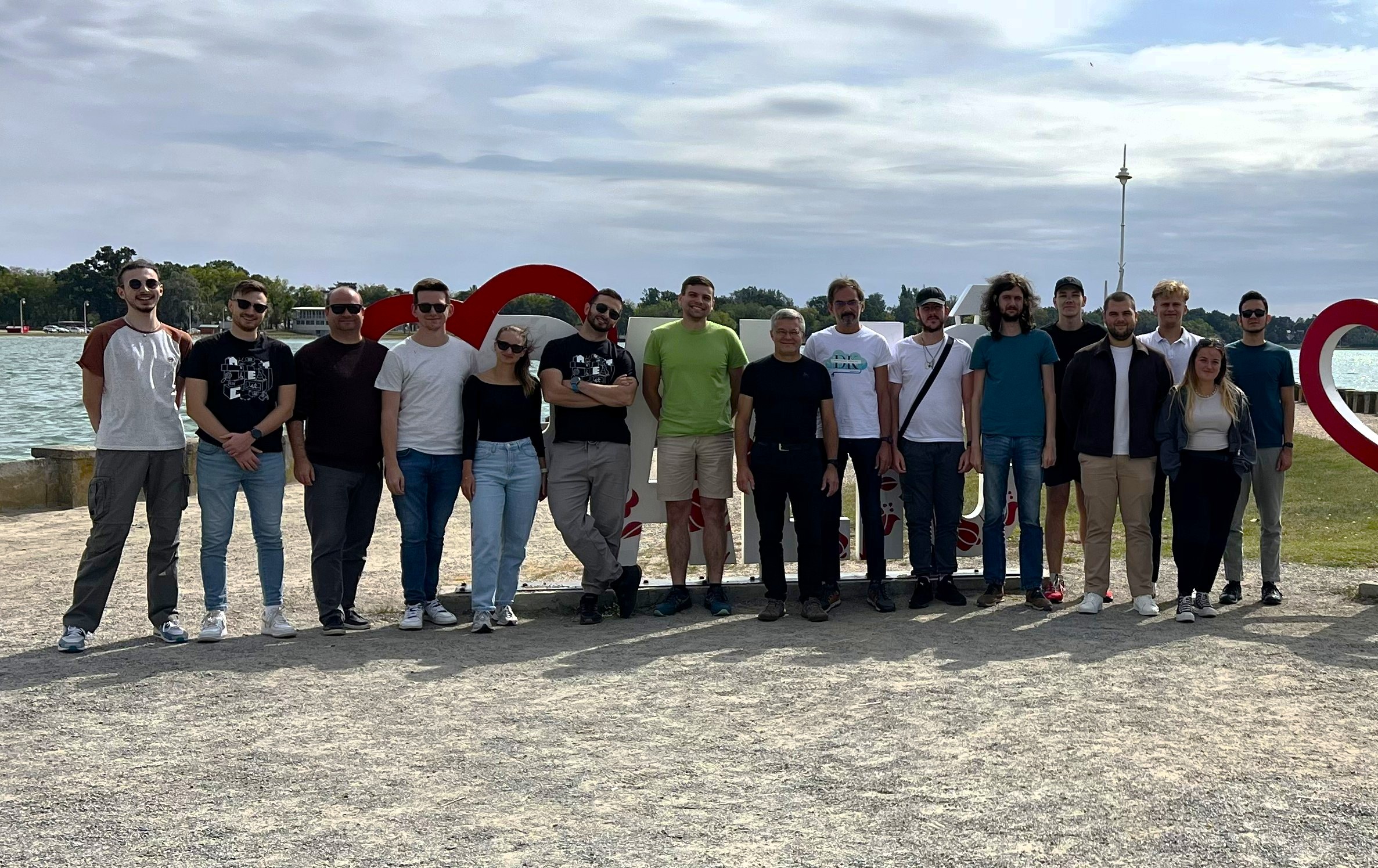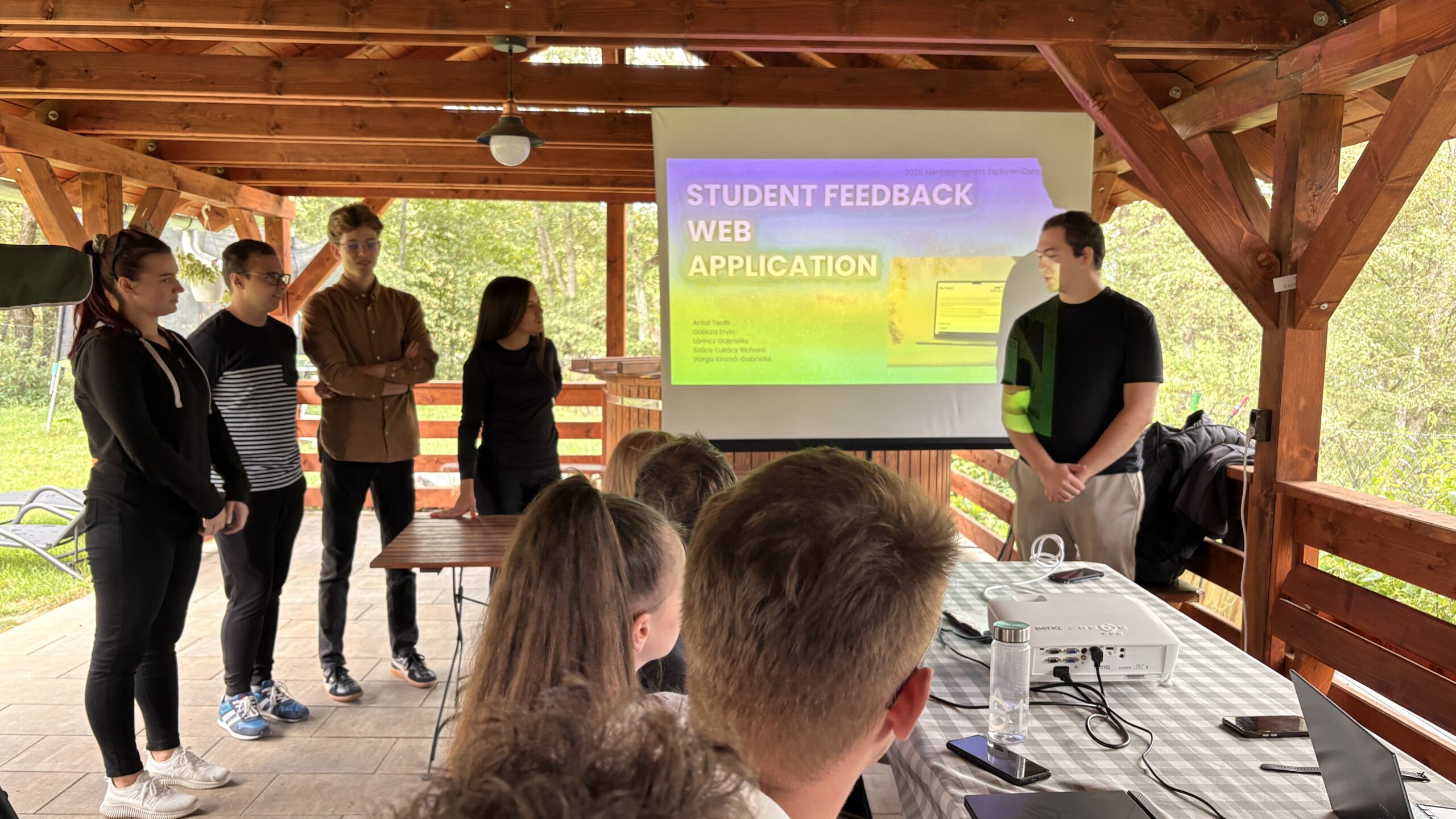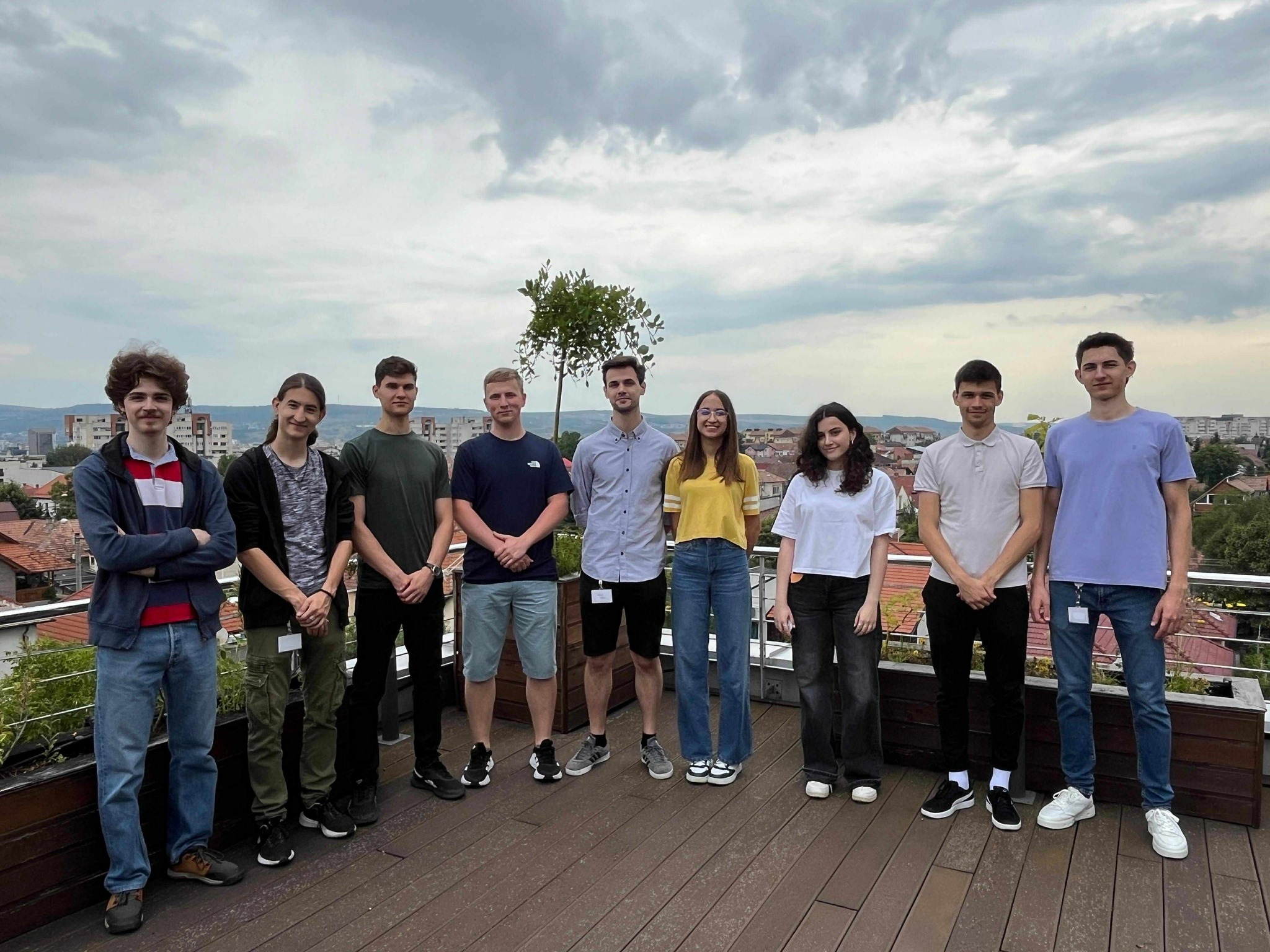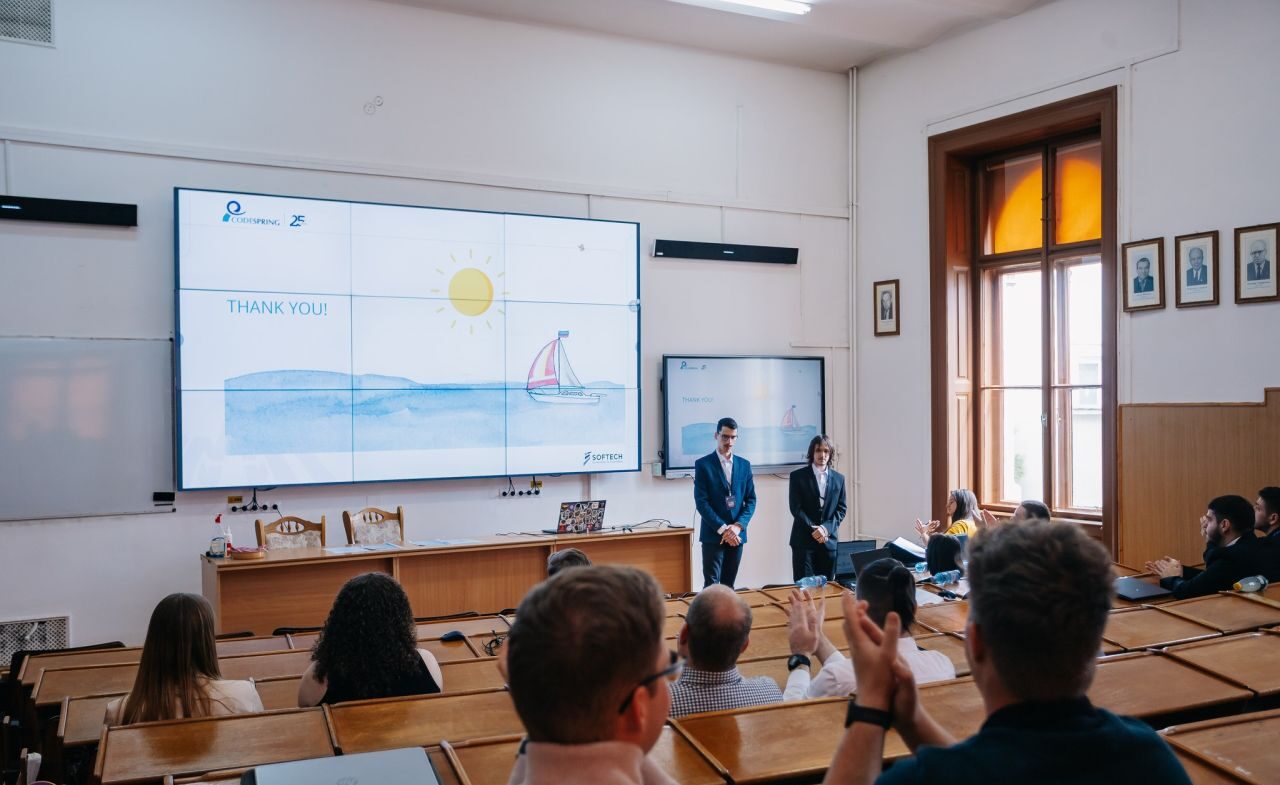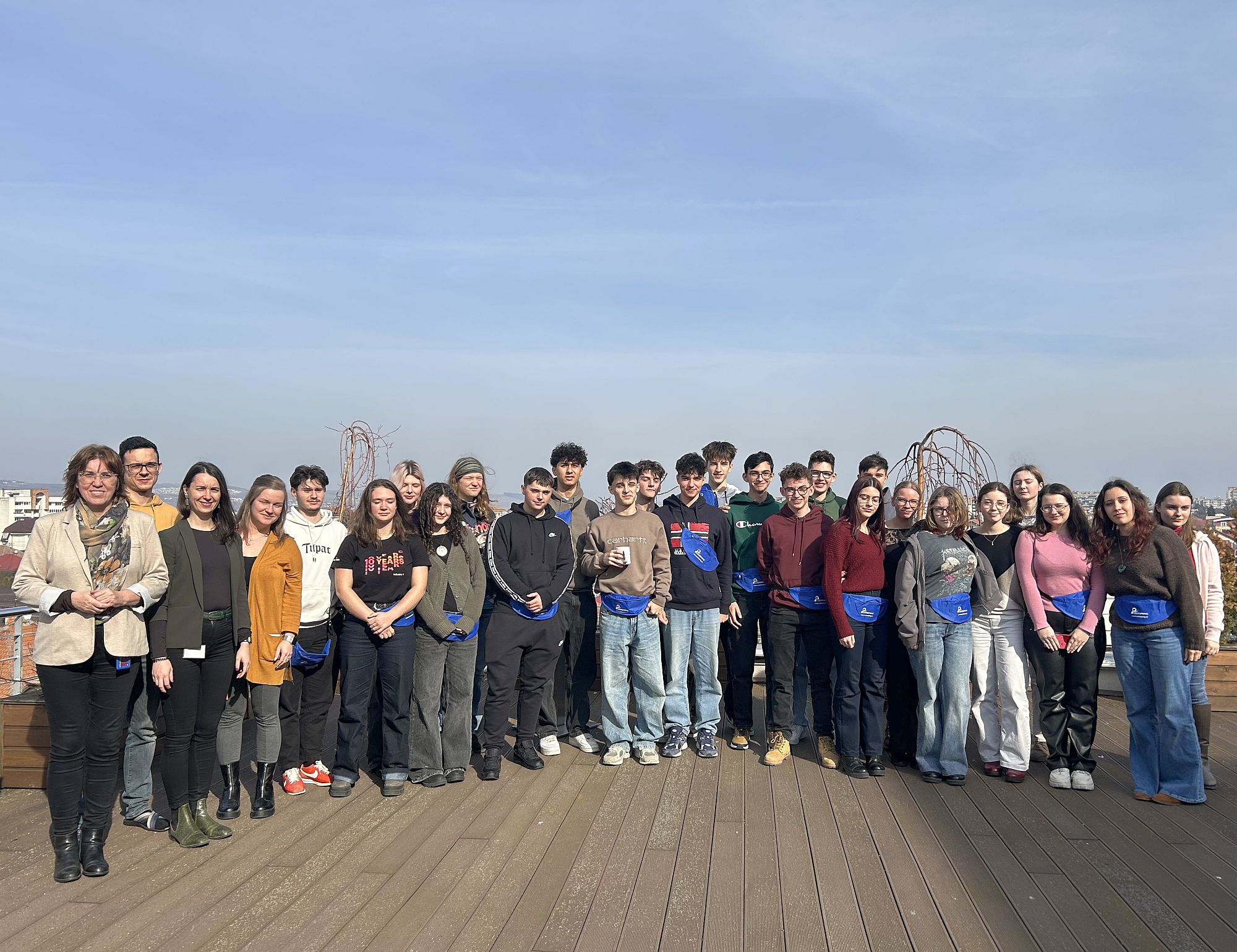According to the European Commission’s country report on Romania 2016, the Romanian information technology and communication sector is dynamic and competitive. Romania has registered one of the highest weights of the IT & C sector in the GNP, with a value of 6%.
As almost half of the fix broadband width services have at least 100 Mps, Romania ranks 1st in Europe for ultra-fast broadband use. As a paradox, the number of contracts for broadband services is one of the lowest in the European Union. Therefore, the access to IT & C services is still unequal.
In the same time, more than a third from the population cannot make the most of the possibilities offered by the internet connexion and cannot contribute to the digital economy.
According to Eurostat data, in 2015, Romania has recorded the lowest percentage of persons who have regularly used internet (52% compared with 76% in UE) and 32% from the total population never used internet (16% compared with the EU average). Less than half (46%) of the total work force has basic or more advanced digital competencies (in contrast with 72% of the EU average). According to socio-economic experts this situation can result in a major obstacle in the economic development of the country. Improving the digital literacy and competencies can create new work places in the digital sector and can support the development of e-commerce and e-government.
In spite of the progress recorded in the last years, the potential of electronic commerce remains still unexploited in Romania. According to the European Commission’s digital economy and society index, Romania is ranked last in the European Union (49). The trust of the consumers and traders in online transactions on the Romanian national market is also under the EU average (50). Should the authorities consolidate their capacity to protect online consumers and ensure that the law is respected, would result in a better implementation of norms and standards, in the digital environments too. Therefore, the trust in online transactions would increase too.




